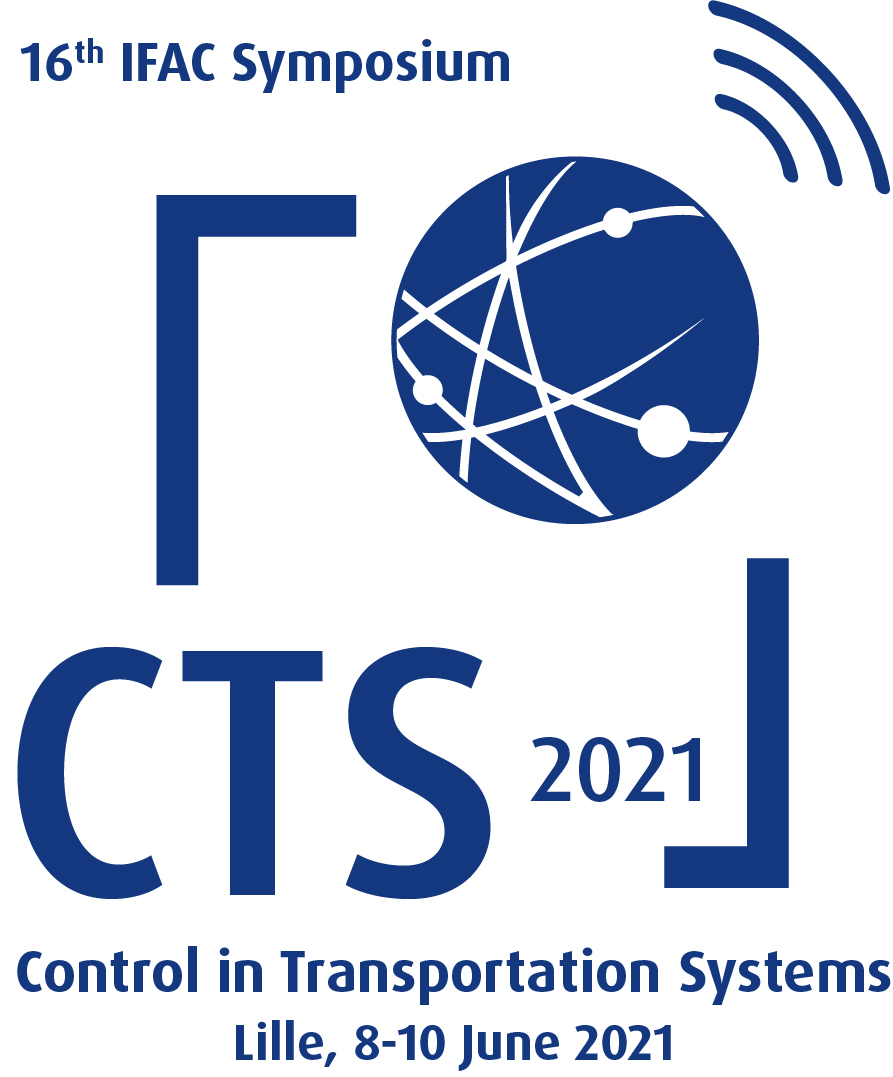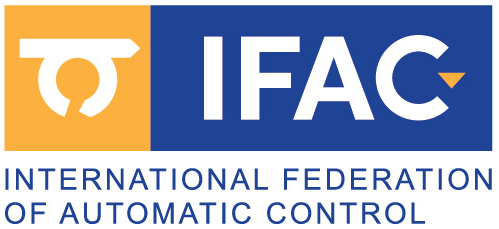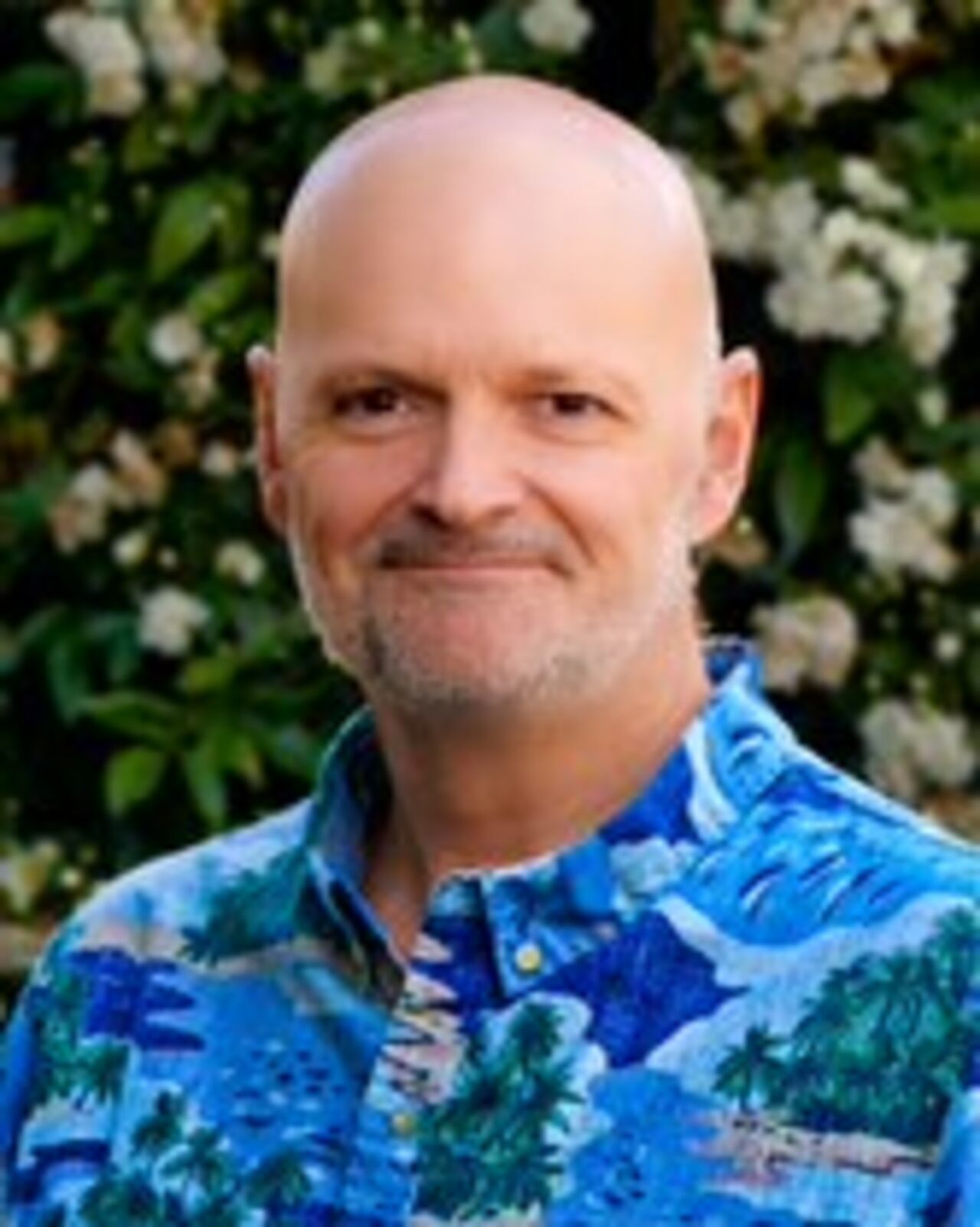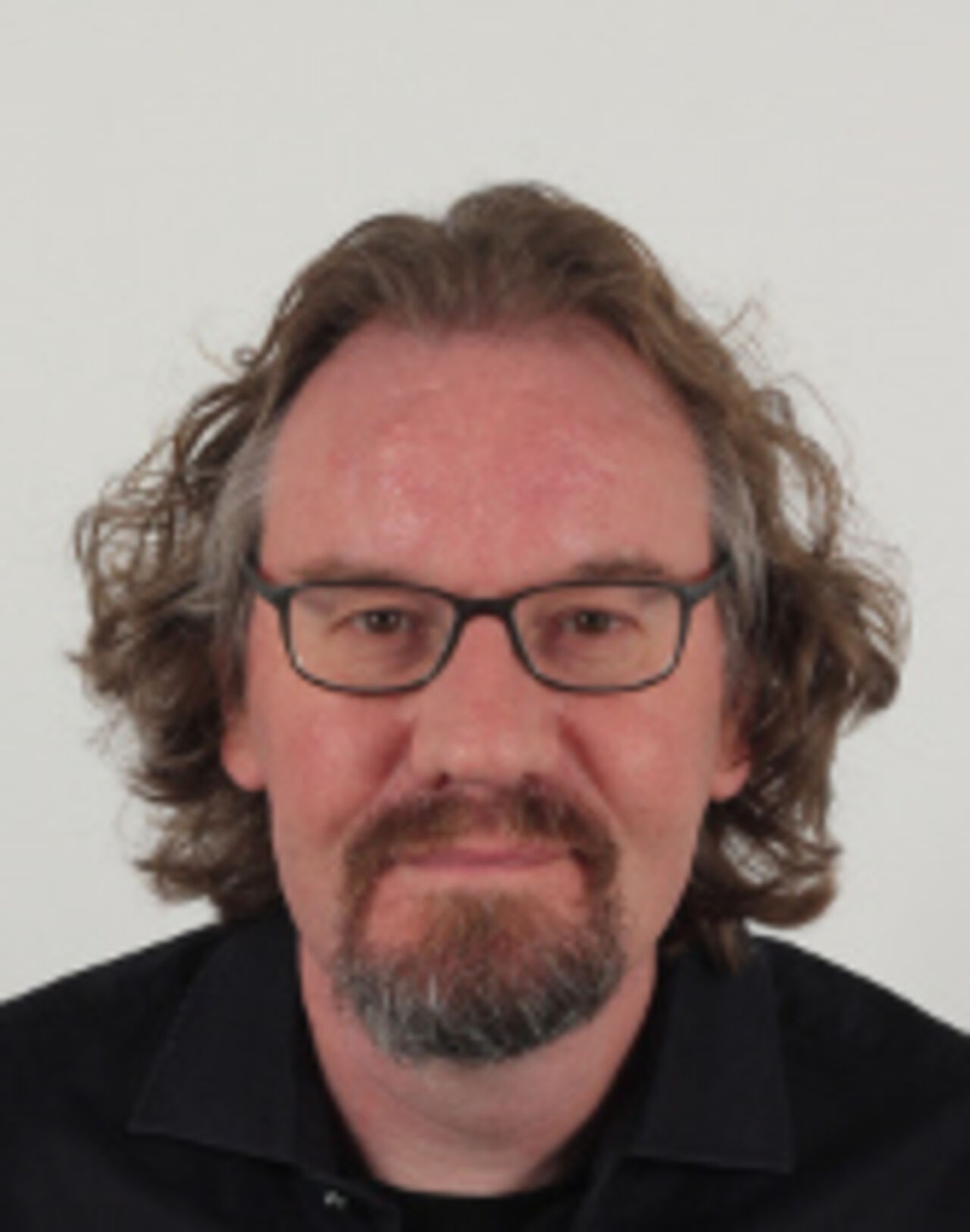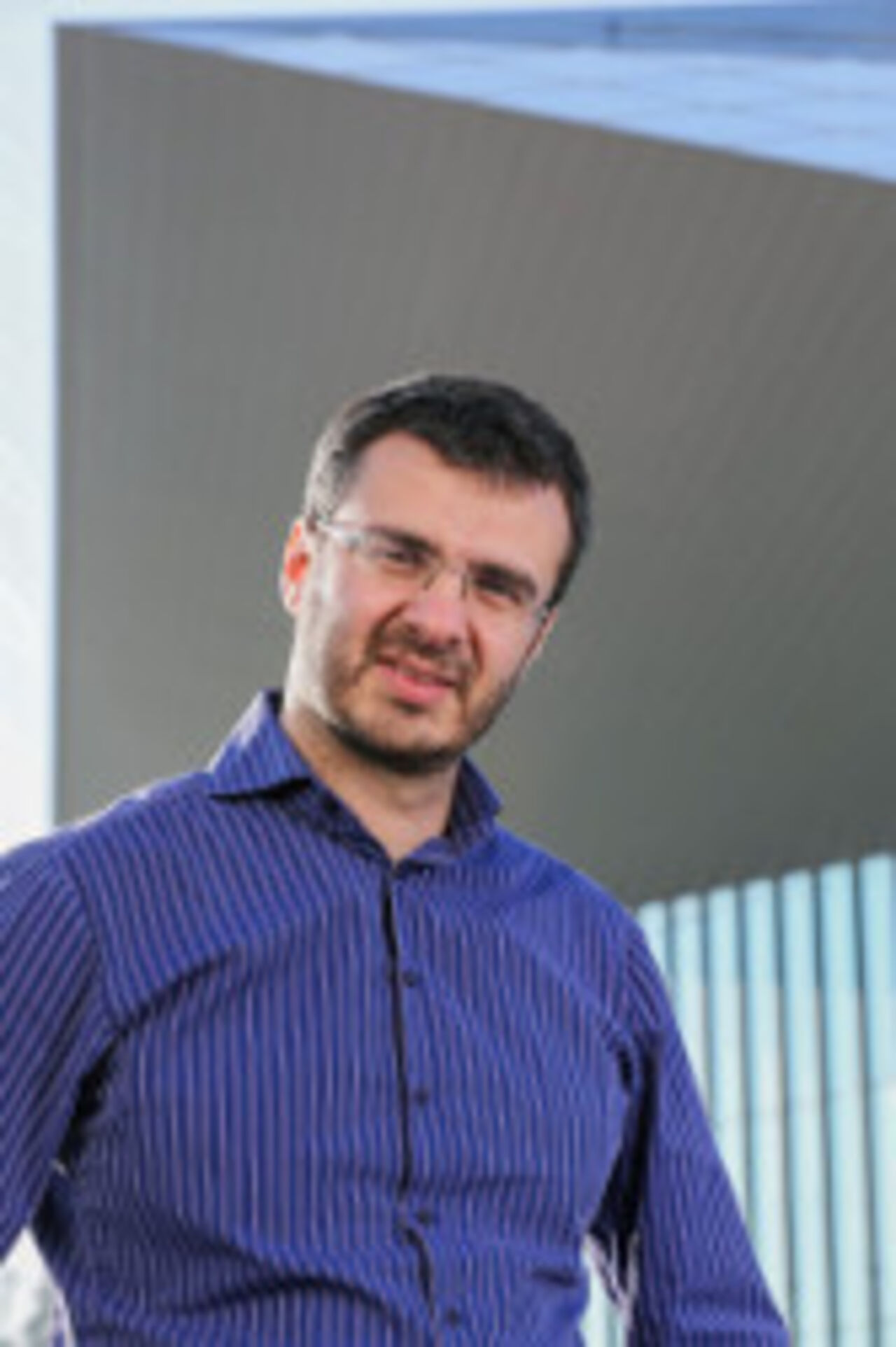Abstract
Despite a chaotic history and the fact that the discipline has existed since the 1950s, "Artificial Intelligence" made a huge come back in the last decade. But as it stands, this "Artificial Intelligence" brings its share of unrealistic promises worthy of the best Hollywood films, allowing a few charlatans to make us believe that the machines could one day take power and reduce us to almost nothing. But above all, to make us run the risk of abandoning all research in this field and threatening advances in disciplines such as machine learning or deep learning, while they are still in their infancy and will still bring much more to humanity...
Biography
As CTO and Senior Vice President of Innovation for Samsung Electronics, Dr. Luc JULIA ledthe company’s vision and strategy for the Internet of Things and is now focusing on making these machines smarter. Previously, Luc co-directed Siri (the voice assistant that he co-created) at Apple, was Chief Technologist at Hewlett-Packardand cofounded a number of start-ups in the Silicon Valley, including ORB Networks, where he invented “place shifting”. He began his career at SRI International, where he founded the Computer Human Interaction Center and was involved in the creation of Nuance Communications, now the world leader in speech recognition. Luc holds degrees in Mathematics and Computer Science from the University Pierre et Marie Curie in Paris and earned a Ph.D. in Computer Science at the Ecole Nationale Supérieure des Télécommunications de Paris. He is now a member of the National Academy of Technologies of France. He is the bestselling author of the book “There is no such thing as Artificial Intelligence”, holds dozens of patents and is recognized as one of the top 100 most influential French developers in the digital world.
